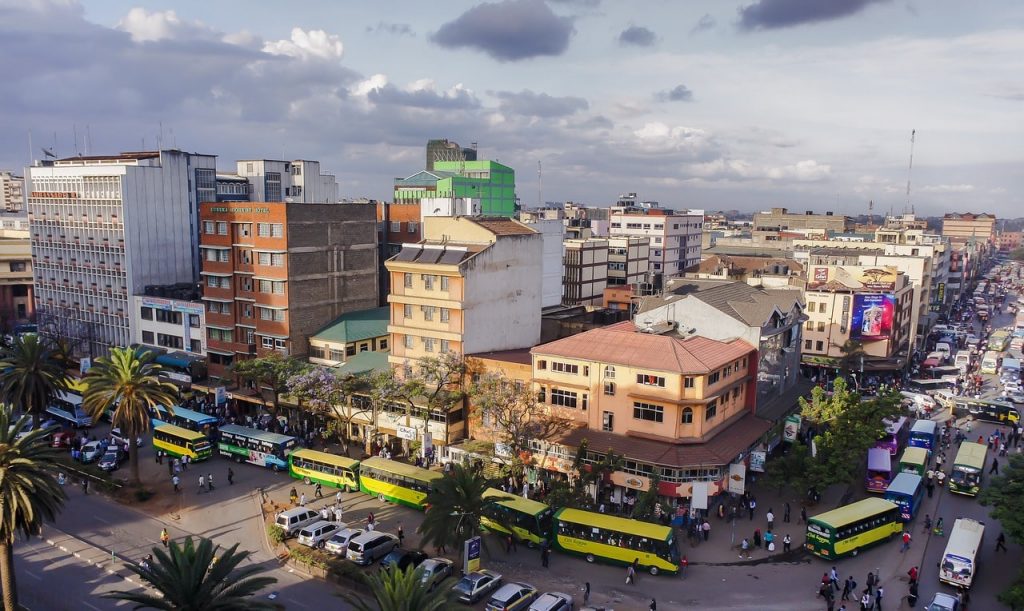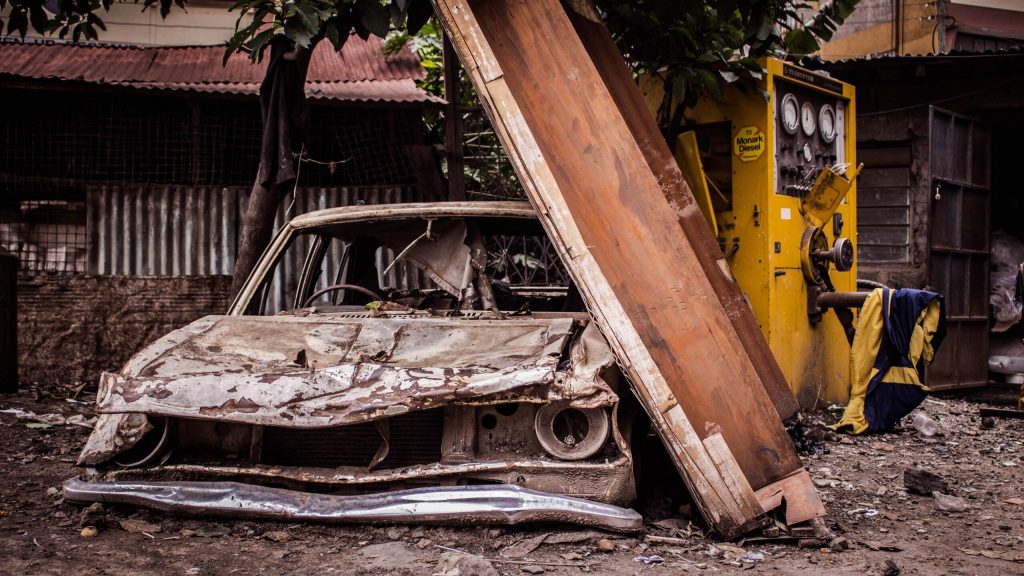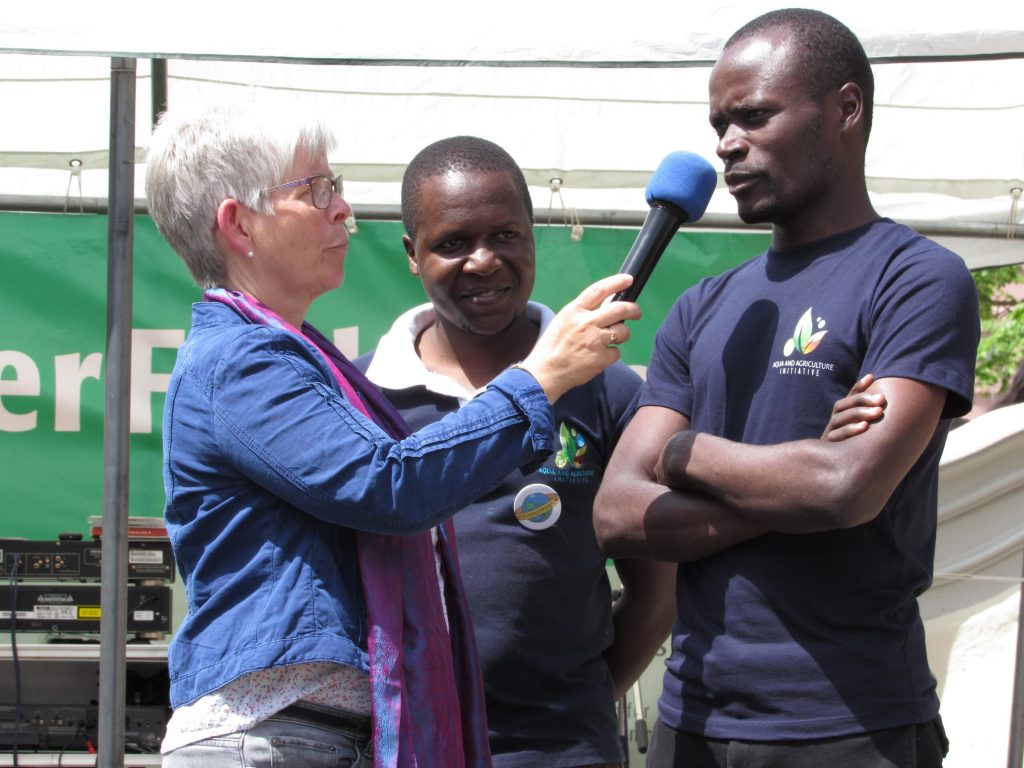We are living in unprecedented times when everyone is called upon to act to mitigate the effects of climate change. It does not matter whether you contributed to global warming actively or passively; we are all obliged to seek sustainable solutions. Sadly, some people are still skeptical of the climate change phenomenon. The arguments against climate change are hard to comprehend based on the evidence of a warming planet.
Over the years, human beings have been careless with the environment. We have produced all forms of products and materials including poisonous chemicals for farming, petroleum products to run our machines, plastics for packaging and others. Even though the different products have been helpful in our daily lives, we have been careless about the disposal of the wastes and hence damaging our environment. Chemicals and petroleum products have been disposed of in water bodies disturbing aquatic life. Plastics have filled our environment including oceans. The amount of destruction we have caused to our environment is immeasurable.
Despite our celebratory moods, we often fail to be mindful of the environment.
One aspect that I would like to highlight is event organization. Organization of functions including celebratory events across the globe is accompanied by drinking and eating. Despite our celebratory moods, we often fail to be mindful of the environment. The human celebration is accompanied by environmental pollution. However, we can revert the trend of pollution and the immense damage to the planet by starting to observe simple measures at the basic level.

Food packaging is one of the main sources of pollution in the events and at the household level. The moment you walk into a supermarket to purchase foodstuffs and drinks and expect to carry out plastic bags marks the first step when you will kill aquatic life. Food packaging is a factor I consider essential based on the steps that have been made in Kenya since a legal ban was introduced on plastic bags.
On February 28, 2017, the government of Kenya banned the use, manufacture and importation of plastic bags whether for commercial or household packaging. Violation of the law has dire consequences. Selling or using plastic packaging attracts a fine of up to US$ 40,000 or four years imprisonment. The Guardian Newspaper described the law as the toughest globally.
Since the introduction of the law, we have seen interesting innovations and creativity in packaging. The law resulted in the demise of plastic manufacturing companies but created numerous job opportunities for people who resorted to making fabric-based packaging bags. Many people also use sisal-made bags locally referred to as “Kiondo” (plural: Viondo) which are environmentally friendly.
On the contrary, I witnessed a different picture while in Europe in the summer of 2019. Plastic bags are still handed over to shoppers in supermarkets. The bags help to carry foodstuffs and drinks to large events and homestead but are eventually taken into dustbins with minimal or no option for recycling. The continued production and distribution of plastic bags remains to be a threat to the entire environment regardless of tough laws in a handful of countries. It does not matter if other countries introduce tough measures to prevent plastic pollution, actions in the north will definitely have consequences in the south.
We still have serious challenges in the global south in the event organization. For instance, plastic bottles for soft drinks have filled our water bodies. However, there are already discussions on how to prevent the pollution caused by the plastic bottles and we hope a sustainable solution will be found soon.
Transport to the event site is a major environmental issue.
Elias Muhatia on different dimensions of sustainable event organization
Besides, transport to the event site is a major environmental issue. I also prefer to highlight this point by making comparisons of the global north and south. Most people have the privilege of owning cars in the global north. This is apparently what everyone would desire based on advantages that accompany car ownership. However, always driving to events regardless of the distance does no good for the environment.

On the contrary, most people in the global south do not have the luxury to own cars mainly because of low income. Therefore, they either walk or use public transport to events. Even though walking, cycling, or the use of public transport is largely associated with the low income population, it is friendly to the environment. Such factors make the global south the least polluter of the environment.
However, the majority of the middle-income population in the global south are increasingly using taxis which is no different from driving their own cars. The small number of occupants in a single taxi resembles the situation in the global north where everyone drives their cars; a factor that is not friendly to the environment.
We have a duty to learn from each other. We should drop the behavior that threatens the sustainability of our environment. It can serve the environment well if the global north largely adopts walking or cycling regardless of the luxury of cars. In worst-case scenarios, car-pooling and public transport can help to minimize the damage to the environment.
